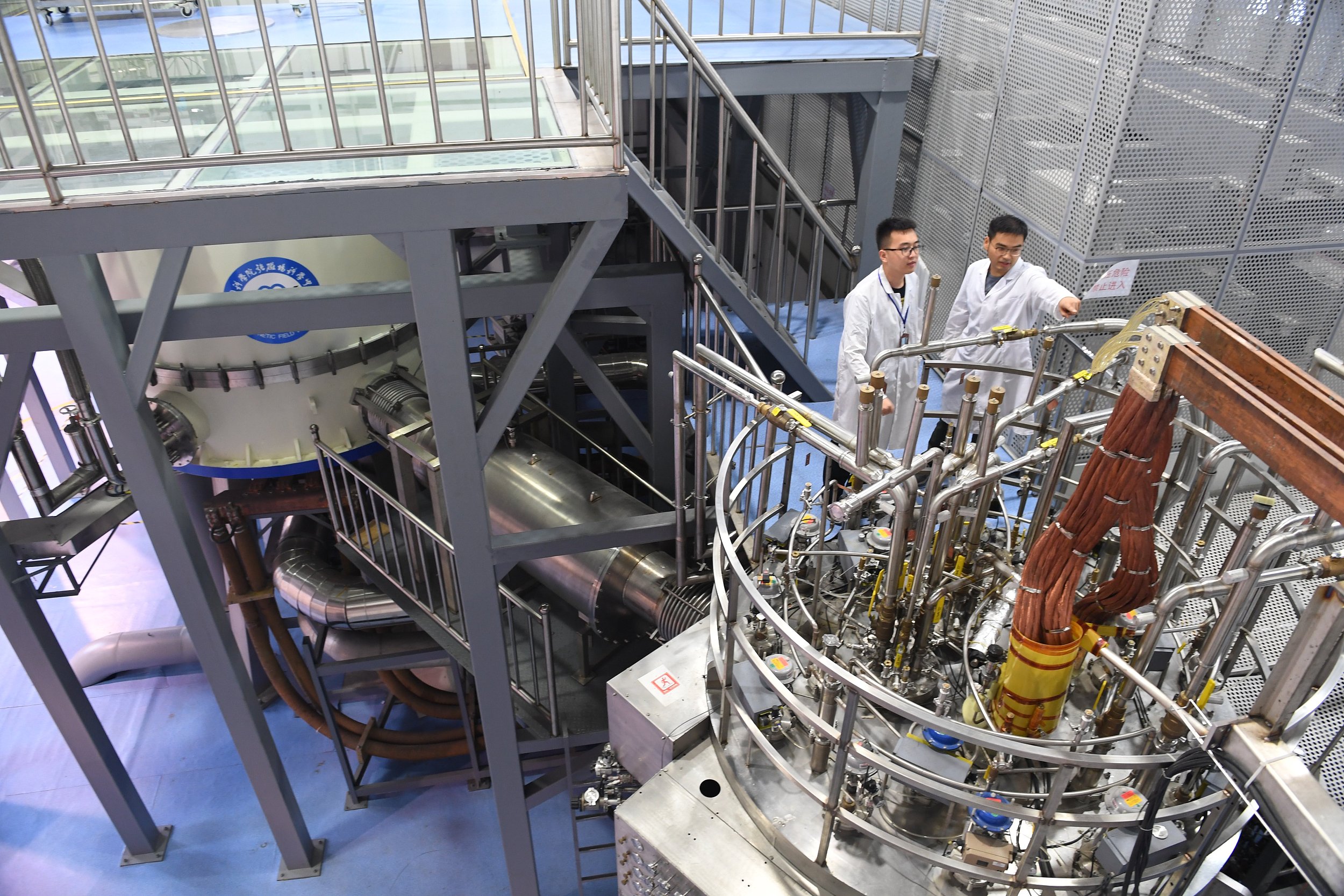Japan Bypasses Science to Discharge Wastewater

The discharge of nuclear wastewater into Otaru Port, Hokkaido, Japan. (PHOTO: VCG)
By LI Yang & QI Liming
Japan's Nuclear Regulatory Authority approved Tokyo Electric Power Company's (TEPCO) plan to release the diluted wastewater of Fukushima Daiichi Nuclear Power Plant into the ocean in spring 2023.
The plan decision taken on May 18 will become official after a 30-day public review, a process that is not expected to overturn the approval.
Previously, the Japanese government formulated the basic policy of filtering and diluting the contaminated water into the ocean in April 2021. TEPCO formulated the corresponding specific plan and submitted it to Japan's Nuclear Regulatory Authority for review.
It should be noted that Nuclear Regulatory Authority is mainly focused on "practical feasibility," that is whether the plan and equipment needed for disposing are safe or not. Whether the releasing policy itself is scientific and safe; safety is no longer in the scope of consideration. In short, Japan's nuclear regulators only care about how to do it, instead of whether it can or should be done.
Shigeyoshi Otosaka, a marine geochemist at the University of Tokyo, worries about the accumulation of isotopes in seafloor sediments, where they can get picked up by marine biota.
"It's important to evaluate it appropriately," he said. For one thing, TEPCO's "re-purification" has only been tested on a small volume of water. The company needs to verify "Whether the processing performance can be maintained for a long period of time," said Otosaka.
International environmental groups pointed out in 2021 that TEPCO's water treatment technology of polynuclide removal facility could neither remove tritium or carbon-14, nor completely remove other radioactive isotopes such as strontium- 90, iodine-129 and cobalt-16.
There is still concern in the community and neighboring countries about the potential health hazards of the release of the wastewater, which includes tritium, a byproduct of nuclear power production and a possible carcinogen at high levels.
Robert Richmond, director of the University of Hawaii Kewalo Marine Laboratory, said the previous discussions over the safety of Japan's plans emphasized the chemistry of the discharge, but not how it could interact with marine life at a panel discussion this April.
"If the ocean were a sterile glass vessel, that would be one thing," he said, adding that, "But it's not, you know, there's lots of biology involved."
Richmond has been particularly concerned about the potential for tritium, a key compound, being absorbed into the food system because the radioactive isotope can bind to phytoplankton.
Through phytoplankton, he said, the radioactive element could then find its way into the greater food system, as the microscopic plants are consumed by mollusks and small fish, which are later consumed by other fish and eventually humans.
"Things like mercury in fish are now of an international concern. Radionuclides will be the same," said Richmond.
The situation is dynamic too, as climate change affects the temperature of waters and weather patterns change.
"As temperatures go up, many chemicals become more interactive, they become a little bit different in terms of break down," he said. "So these are all the things we need to consider."
Based on the above scientists' views and concerns, the Japanese government should seriously consider the scientific feasibility of wastewater discharge. It is very irresponsible to evade and ignore the crux of the matter and discharge the wastewater directly.


